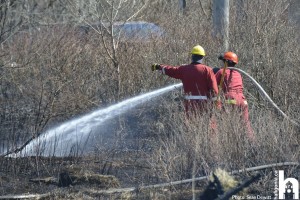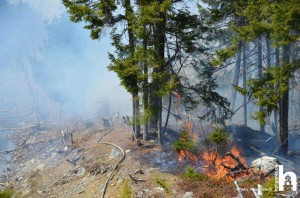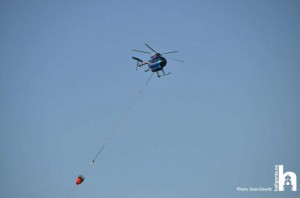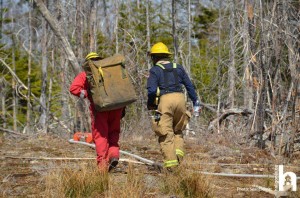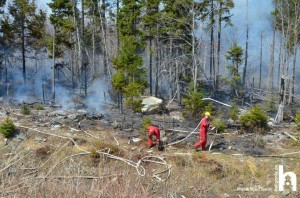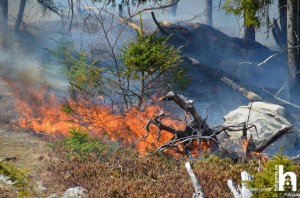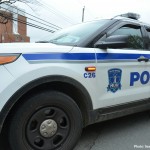We in Nova Scotia enjoy our backyard campfires and bonfires. But during our spring to fall seasons, we have municipal and provincial burn restrictions that are updated daily, and these are law.
Our main source of daily updates comes from a provincial source (https://novascotia.ca/burnsafe/) Media (such as us) will usually pass the information along through their sources or people can check burn restrictions straight from the source. Provincial updates are made daily, even on holidays, at 2pm, and these may include burning in campgrounds. The website explains what the restrictions mean, with 3 options available.
In extreme cases, a municipality may upgrade their burn level higher than what the provincial restrictions may say. This would be based on specific local conditions for a municipality and would be released for the public through various means. Halifax has seen this several times in the past.
Enforcement of the current restrictions usually falls upon local fire departments or police, with the provincial government becoming involved in more serious cases such as large brush or forest fires caused by human error.
Consequences may involve the following, according to the HRFE. Other municipalities in Nova Scotia may include the same penalties.
“Enforcement:
Any person who fails to comply with any provision of Halifax Regional Municipality’s By-Law Number O-109 Respecting Open Air Burning shall be liable to a penalty of not less than $410, and not more than $10,000.
In addition to any fine, a court or judge may order the offender to pay all expenses, costs, and/or damages related to extinguishing the fire.
If such a judgment is issued, Halifax Regional Municipality has the authority to collect that financial penalty by way of a lien against the property owner, which would be applied and enforced in the same manner as it would for taxes under the provincial Assessment Act or the Halifax Regional Municipality Charter.”
Additionally, private lawsuits may be launched by persons who experience loss of property as a result of an illegal or carelessly maintained fire in the city. And ofcourse, environmental consequences which may leave the area at risk of further fires as well as unusable, are a reality. Criminal charges could also be laid depending on circumstances.
Nova Scotia has specific guidelines for all types of burns, from bonfires and campfires, to shrub and brush clearing, and the types of appliances required for all.
When in doubt, it is always best to contact local fire departments or DNR offices for clarification before learning the hard way.

